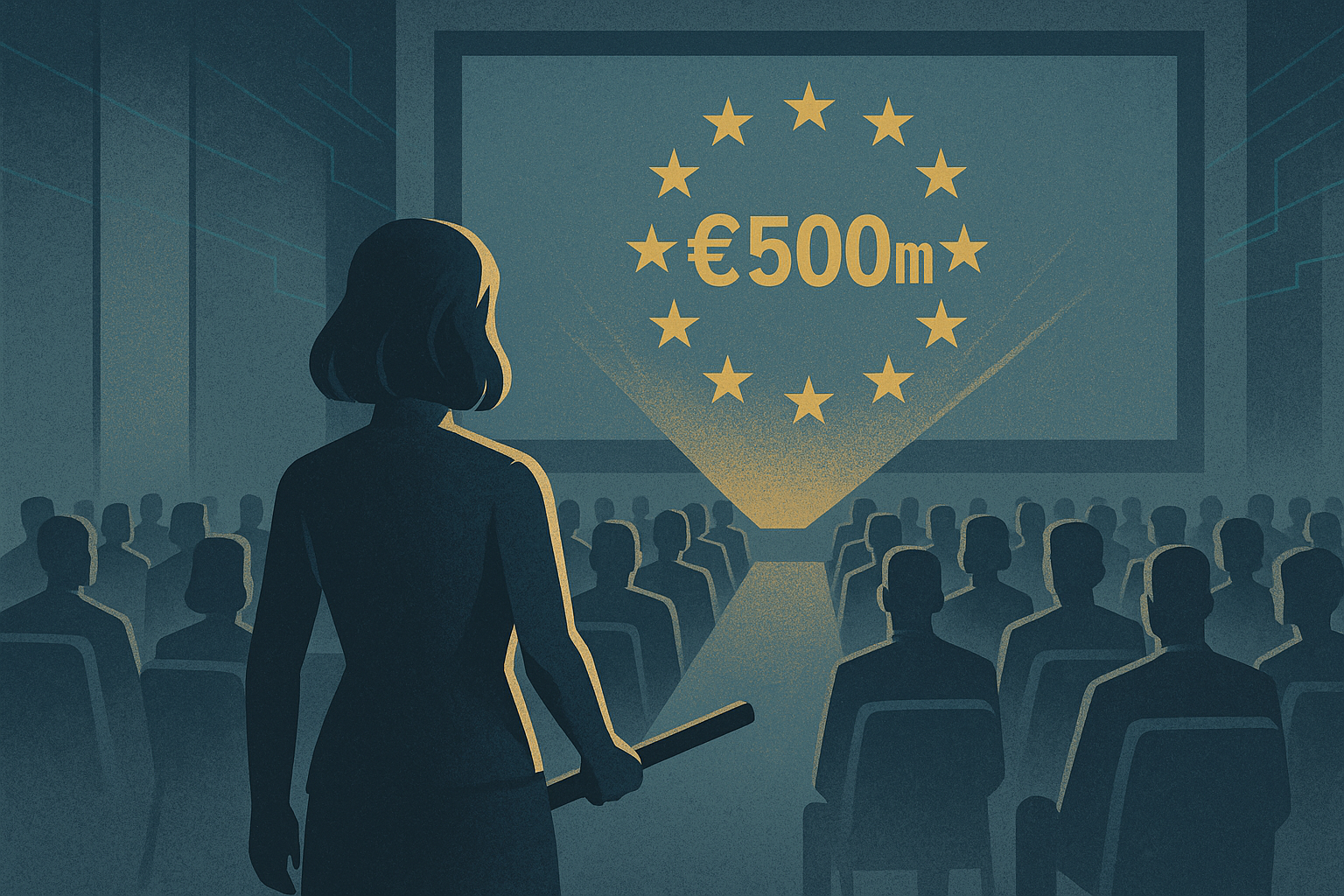Apple has lodged an appeal against a significant €500 million (£430 million) fine imposed by the European Commission earlier this year, intensifying the ongoing dispute between Silicon Valley and Brussels over digital market regulations.
The fine, one of the largest ever levied against the iPhone manufacturer by the EU, followed the Commission’s determination that Apple had unjustly prevented app developers from directing users to cheaper options outside its App Store ecosystem, thereby violating the EU’s new Digital Markets Act (DMA).
In a statement issued on Monday, Apple accused the Commission of exceeding its legal mandate, asserting that the decision compelled it to impose confusing new terms on developers and implement business rules deemed detrimental to both developers and consumers.
“Today we filed our appeal because we believe the European Commission’s decision – and their unprecedented fine – go far beyond what the law requires,” Apple stated. “As our appeal will show, the EC is mandating how we run our store and forcing business terms which are confusing for developers and bad for users.”
The case centres on the concept of “steering”—Apple’s previous policy that prevented app developers from informing users of cheaper alternatives outside its App Store. Brussels concluded that such restrictions breached the DMA, a comprehensive regulation aimed at curbing Big Tech’s market dominance by ensuring fairer market access.
Apple contends that the Commission has unlawfully broadened the definition of steering beyond the law’s original intent, particularly by requiring developers to not only link to external websites but also promote external offers directly within their apps.
The appeal follows Apple’s modifications to its App Store policies in an attempt to comply with the DMA and avoid daily fines of up to €50 million. These included new fee structures and revised terms for developers in the EU—changes that Apple now claims were enforced under duress and are counterproductive.
The EU’s actions have reignited transatlantic tensions concerning the treatment of American tech giants. Former Trump administration trade adviser Peter Navarro has characterised the EU’s regulatory efforts as “lawfare” against US companies, describing it as a form of non-tariff economic warfare. This sentiment reflects concerns in Washington that Brussels is unfairly targeting American companies like Apple, Meta, and Google.
Meanwhile, the European Commission has remained steadfast. Henna Virkkunen, its vice-president for tech sovereignty, asserted earlier this year that the EU would not “rip up its rules” to secure a trade deal with the US, even as Donald Trump threatened a 50% tariff on EU imports if no agreement is reached by 9 July.
Tom Smith, a competition lawyer at Geradin Partners and former legal director at the UK Competition and Markets Authority, commented: “Apple fundamentally hates being forced to change how it operates its App Store. The blunt truth is that it’s worth spending a few million on legal fees to delay opening up a market worth many billions a year.”
The Commission has stated its readiness to defend its decision in court.
The case will now proceed to the General Court of the European Union, where Apple’s arguments will be weighed against the Commission’s landmark interpretation of the DMA—a ruling that could set a precedent for future enforcement of Europe’s tech regulations.



